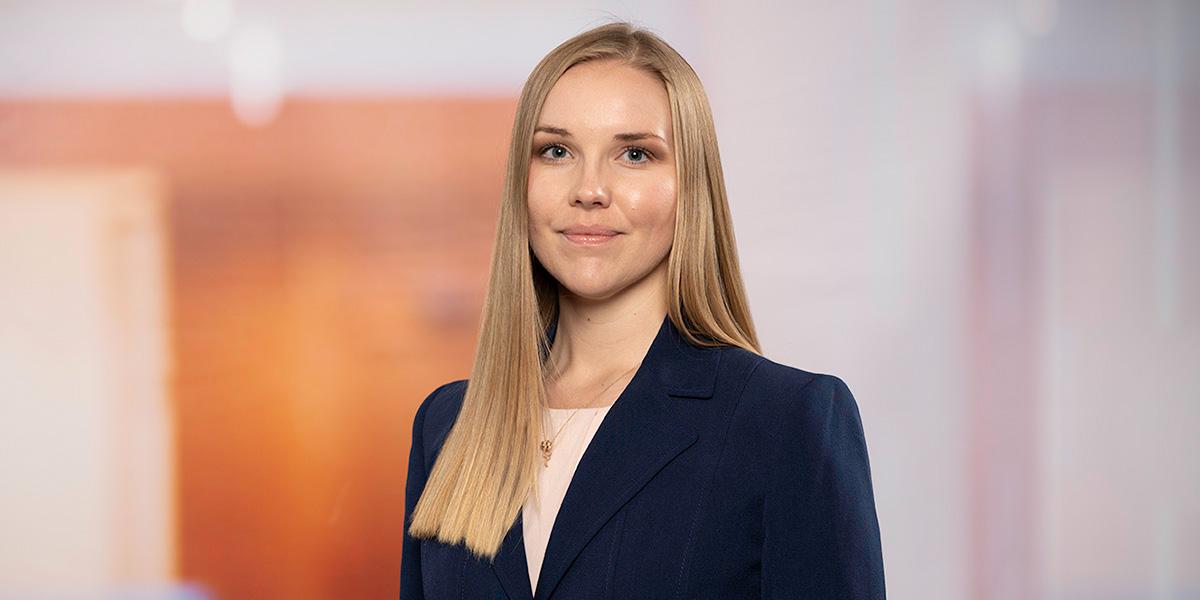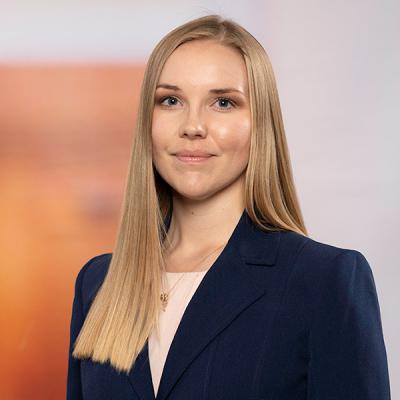
Melody is a litigator who focuses her practice on complex civil litigation. She has experience managing and trying cases, arguing motions, and conducting legal research.
Prior to joining Mintz, Melody practiced as a student attorney at the Middlesex District Attorney’s Office. During her tenure there, she tried criminal cases, researched and argued evidentiary motions, and managed cases through arraignment, discovery, pre-trial, and resolution stages. Prior to her role as a student attorney, Melody served as a legal intern for the Animal Defense Partnership, where she assisted nonprofit organizations by drafting collaboration and licensing agreements, and researching federal and state employment, labor, and tax concerns.
While earning her JD, Melody served as a research assistant at Boston College Law School, primarily investigating the admissibility of expert witnesses under the Federal Rules of Evidence in copyright infringement cases. In law school, Melody served as a mentor in the BC Law Mentorship Program and participated in the BC Law Prosecution Clinic. She was a Top Oralist in the Wendell F. Grimes Moot Court Competition and was selected for the Criminal Procedure National Moot Court Team.
viewpoints
First Circuit Adopts “But-For” Causation Standard for False Claims Act Cases Based on Anti-Kickback Statute Violations
February 20, 2025 | Blog | By Grady Campion, Melody Mathewson
In United States v. Regeneron Pharmaceuticals, Inc., the First Circuit joined the emerging majority view that False Claims Act (FCA) claims based on violations of the Anti-Kickback Statute (AKS) require a showing of “but-for” causation. As we previously reported, the Sixth Circuit and the Eighth Circuit have also held that the stricter “but-for” causation standard applies to AKS-based FCA claims.
Courts Continue to Grapple with the Causation Standard for False Claims Act Suits Based on Alleged Kickback Schemes, While the Supreme Court Stays on the Sidelines
October 5, 2023 | Blog | By Brian Dunphy, Grady Campion, Melody Mathewson
A recent Massachusetts Federal District Court decision adds to divergent opinions deciding an important health care enforcement question: what causation standard applies to a False Claims Act (FCA) case based on a violation of the Anti-Kickback Statute (AKS)? The AKS states that a claim that includes items or services “resulting from” a violation of the AKS constitutes a “false or fraudulent claim” under the FCA. 42 U.S.C. § 1320a-7b(g). On September 27, 2023, Chief Judge Saylor of the District of Massachusetts issued a decision in United States v. Regeneron Pharmaceuticals, Inc., C.A No. 20-11217-FDS, which adopted a “but-for” standard of causation applicable to the AKS’s “resulting from” language.


